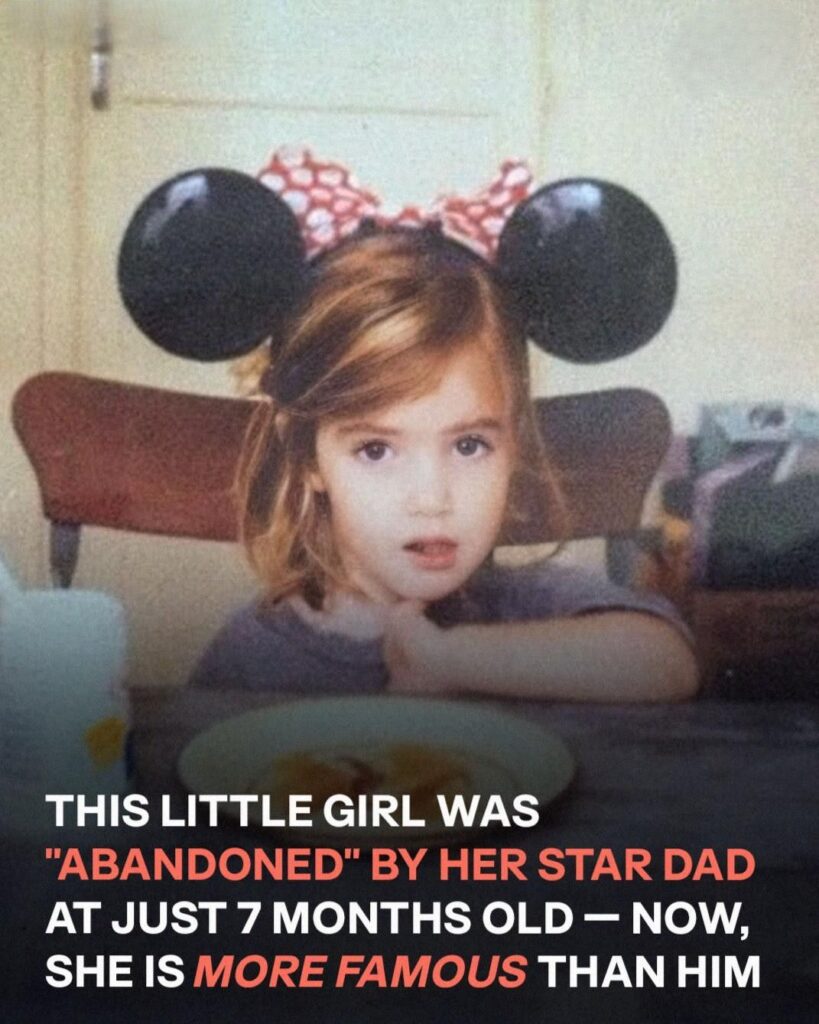
He was one of those faces you couldn’t forget—smoldering eyes, a restless energy that lit up the frame. Long before his name became a fixture in film credits, he was grinding in New York theater, earning a Theatre World Award for Burn This and drawing a Golden Globe nod for King of the Gypsies. By the mid-’80s, he’d cemented himself with Star 80 and Runaway Train—the latter bringing an Oscar nomination and a reputation for intensity that never really left him. He kept moving: indies like La Cucaracha (Best Actor at the New York Independent Film Festival), sleek thrillers like Final Analysis and The Specialist, and later, ensemble turns in The Dark Knight, The Expendables, and Inherent Vice. Television welcomed him, too—recurring roles on Heroes, Suits, CSI, Crash, Code Black, and guest spots across the network dial. Even recently, he’s still taking the call: a doctor in Head Full of Honey, a grizzled doorman in Hard Luck Love Song, a DEA boss in La Reina del Sur. The work never stopped.
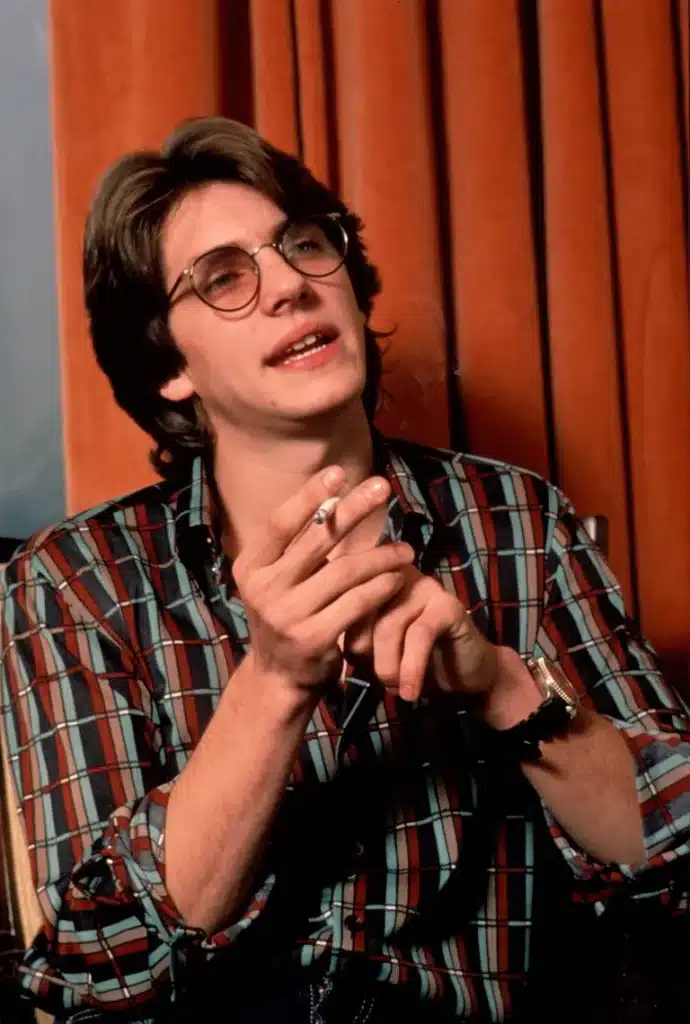
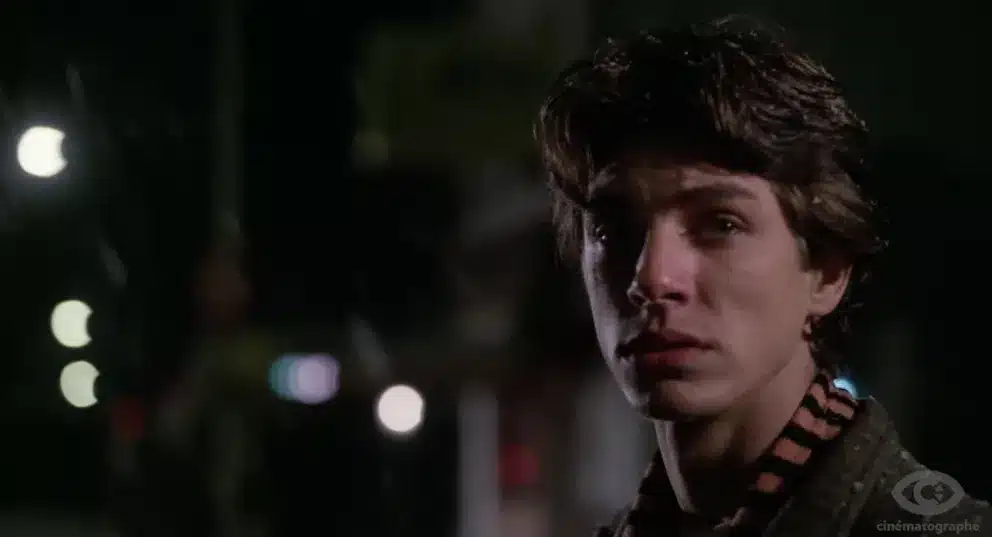
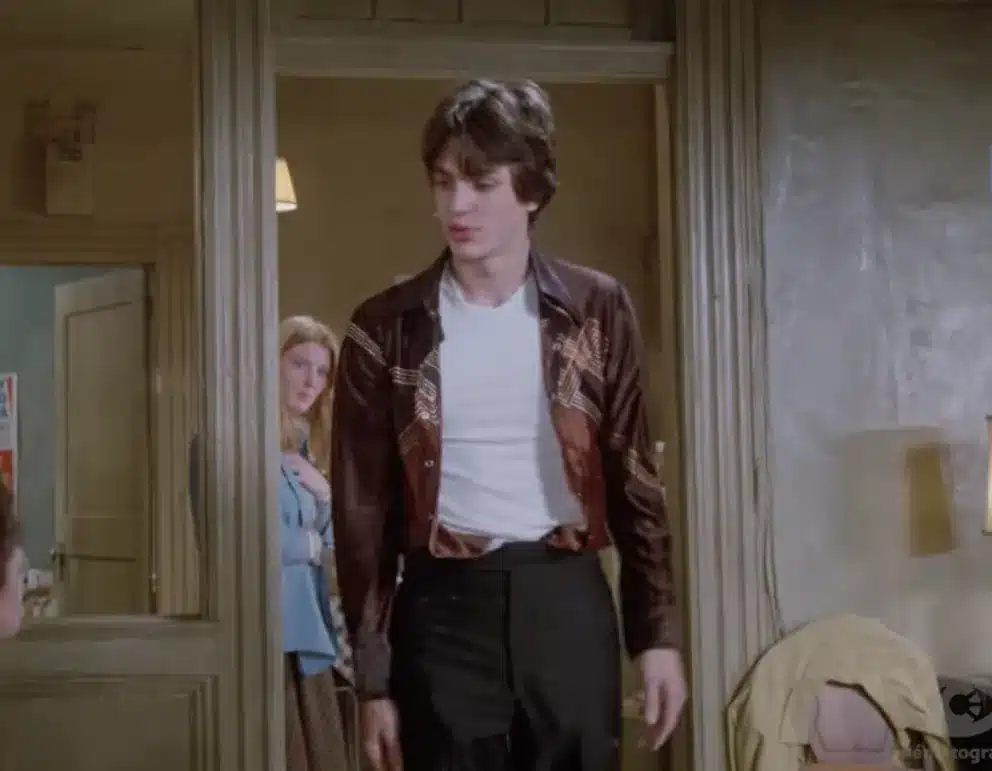
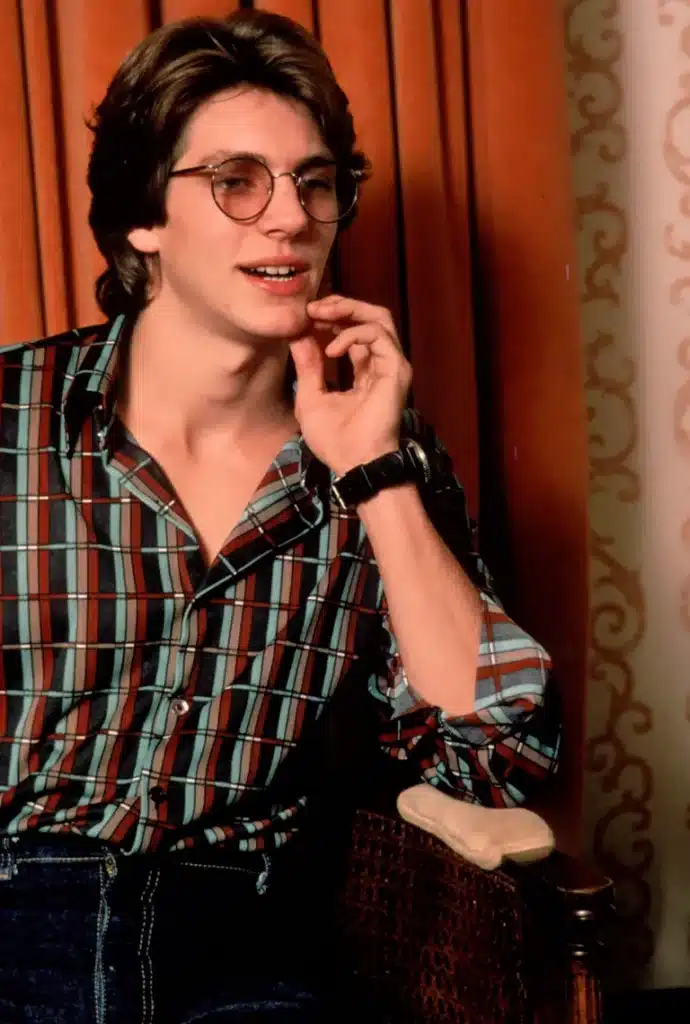
What did change—what still shadows him—are the relationships behind the filmography. He has been frank about the cost. “I had abandoned Kelly when Emma was just seven months old,” he once admitted, a blunt sentence that carries decades of consequence. His daughter, actress Emma Roberts, rarely addresses their estrangement. In 2022, when Tatler asked if they were close, she answered carefully: “Um… how do I say this? No, we’re not.” He didn’t try to dress it up on Inside of You in 2024 either: the hardest chapter of his life, he said, was “probably the loss of relationship [sic] with my daughter.” There isn’t anger in the way he talks about it now—just the knowledge that some distances are built out of years, not moments. “There’s not a pain,” he said, “there’s a sadness for the most likely misunderstanding we’ll have forever, because we’re human.”
And yet the affection flickers through. On the eve of her birthday in 2023, he posted a throwback: a little girl reading instructions while he tried to assemble a toy. “Very happiest of birthday eves to my precious daughter,” he wrote. “As you can see, I am clueless as to how to go about the task, as I am about many tasks & other things. But the love on my face, even in profile, for her is undeniable.” He ended simply: “I love you, Emma.”
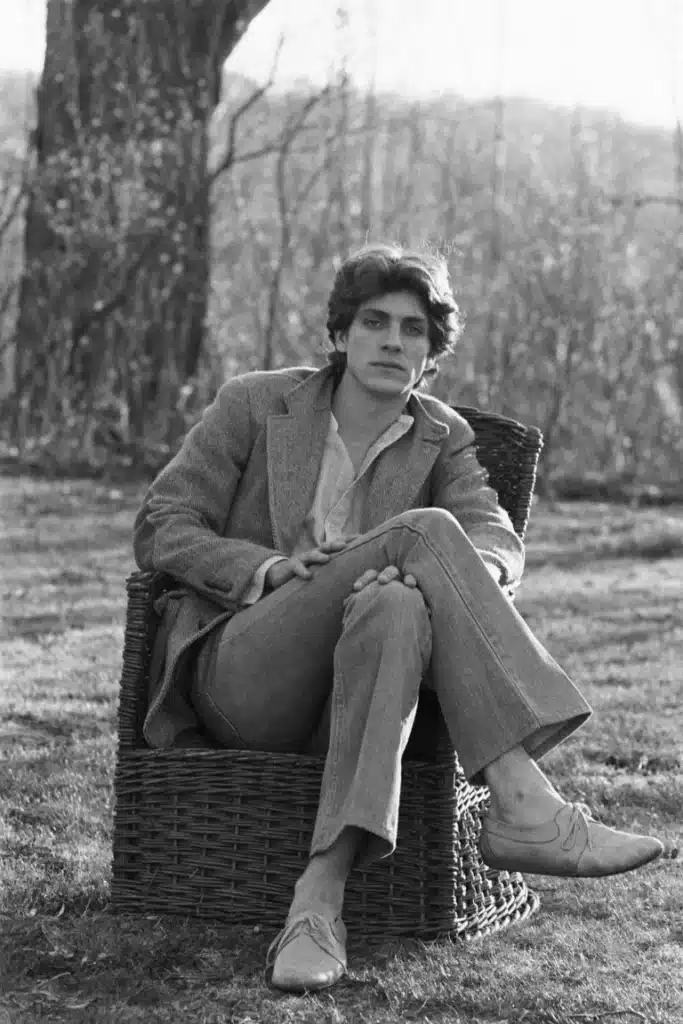
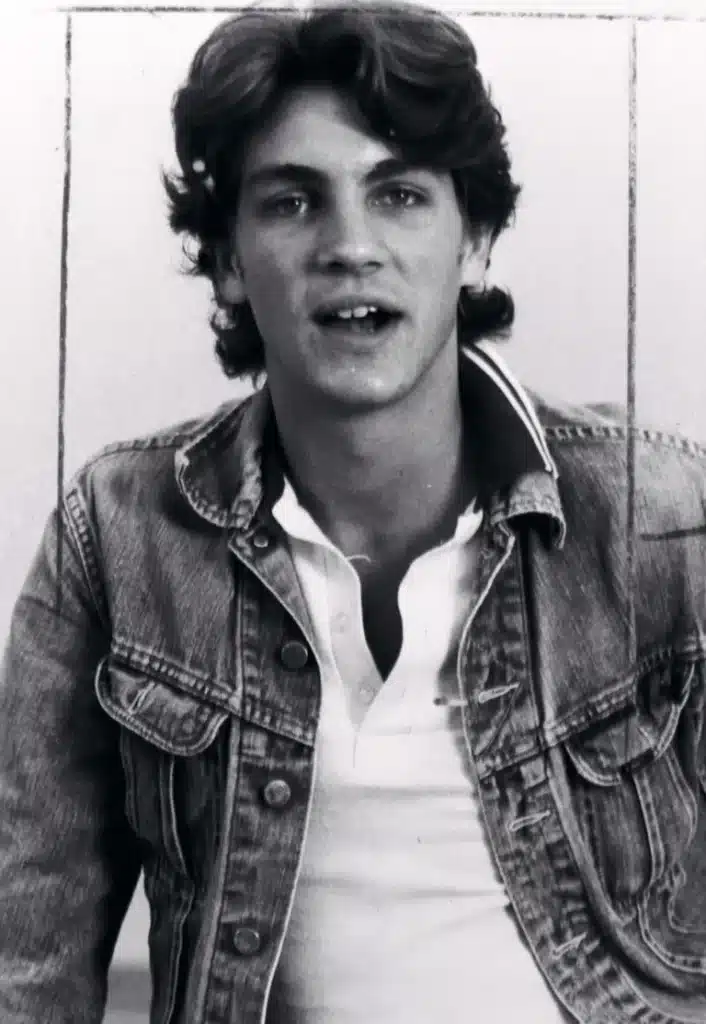

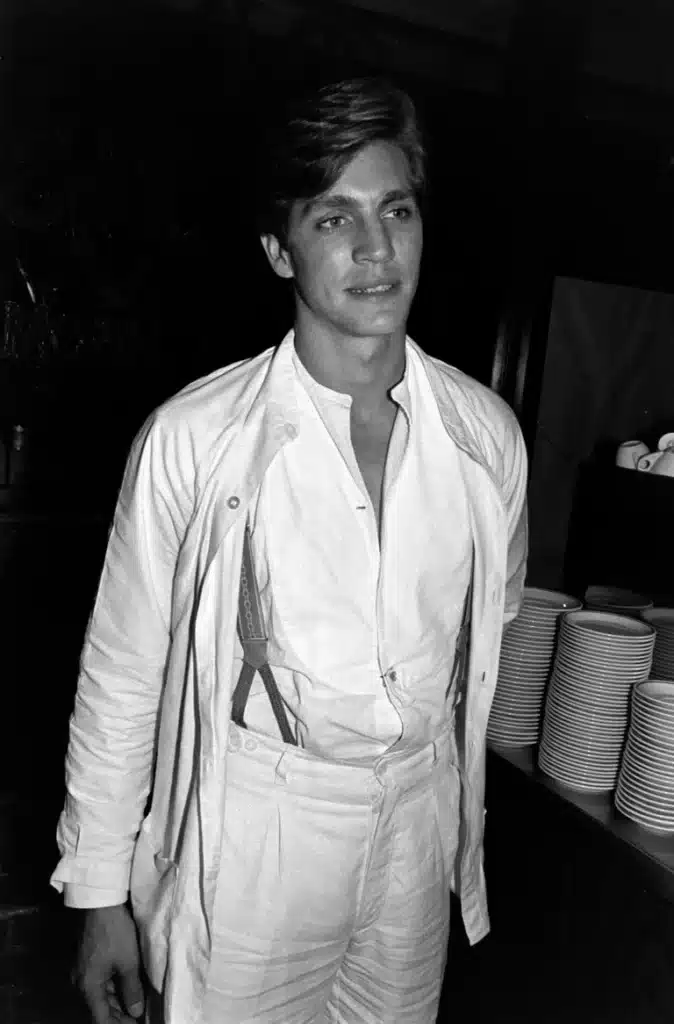
His bond with his famous sister has traveled a similar arc—love, friction, recalibration. He bristled at the idea of a “falling-out,” telling Vanity Fair in 2018, “I was crazy about my sisters. Loved them, adored them.” What drove them apart was less headline than habit: “I was exhausting to be around,” he said, conceding that years of drug use pushed people away. When she became a mother in 2004, something softened. He and his wife dropped off gifts; he was ushered into the hospital room and “immediately awash in brotherly and uncle-ly love [sic].” Since then, there have been shared holidays, emails, quieter ground.
There were moments of bravado, too—he once declared, “If it wasn’t for me, there would be no Julia Roberts and no Emma Roberts as celebrities,” noting he’d introduced Julia to William Morris “by a long shot.” Time has pared that back. In his memoir, Runaway Train: Or, The Story of My Life So Far, he writes, “I hope Julia will accept this public apology. It was an asinine thing to have said.” He also faces the rest of it head-on: addiction that made him dangerous to be around, a custody battle that cost him years with his daughter, the widening gap when his sister supported Emma’s mom. “I wouldn’t be surprised if they suffered from PTSD,” he admits. The mea culpa isn’t performative; it reads like someone finally telling the story straight.
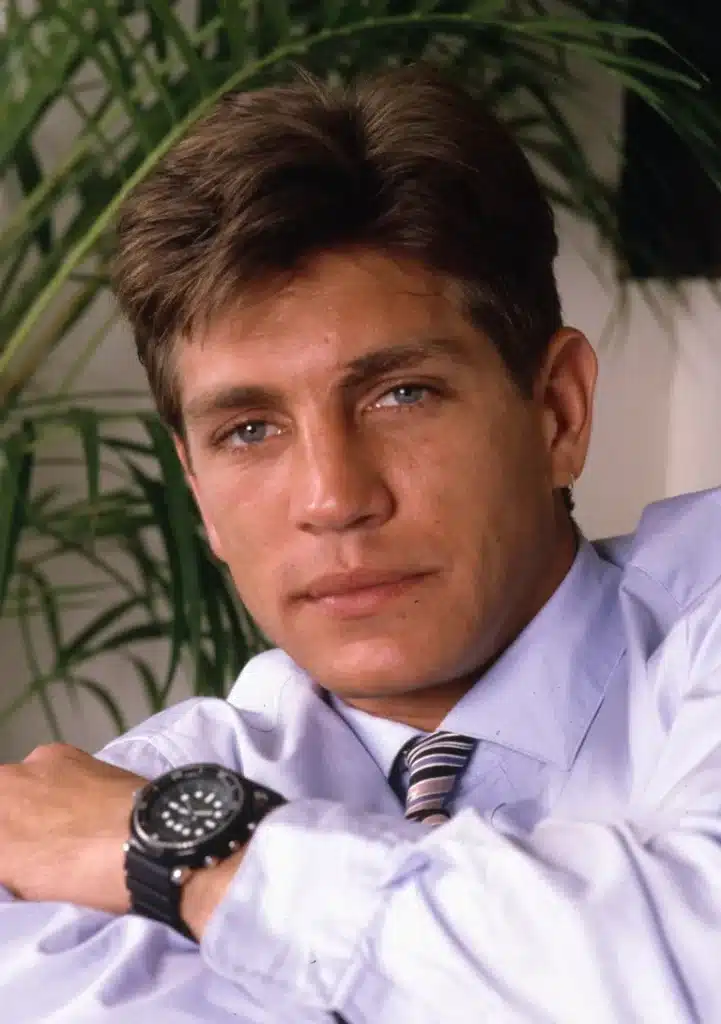

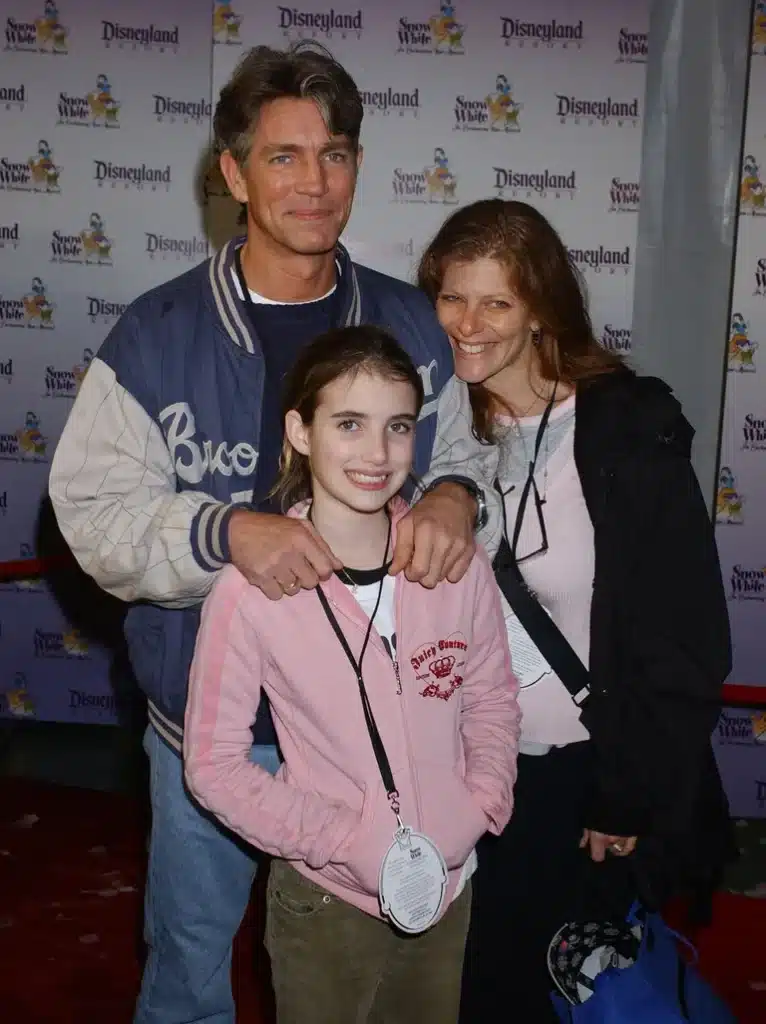
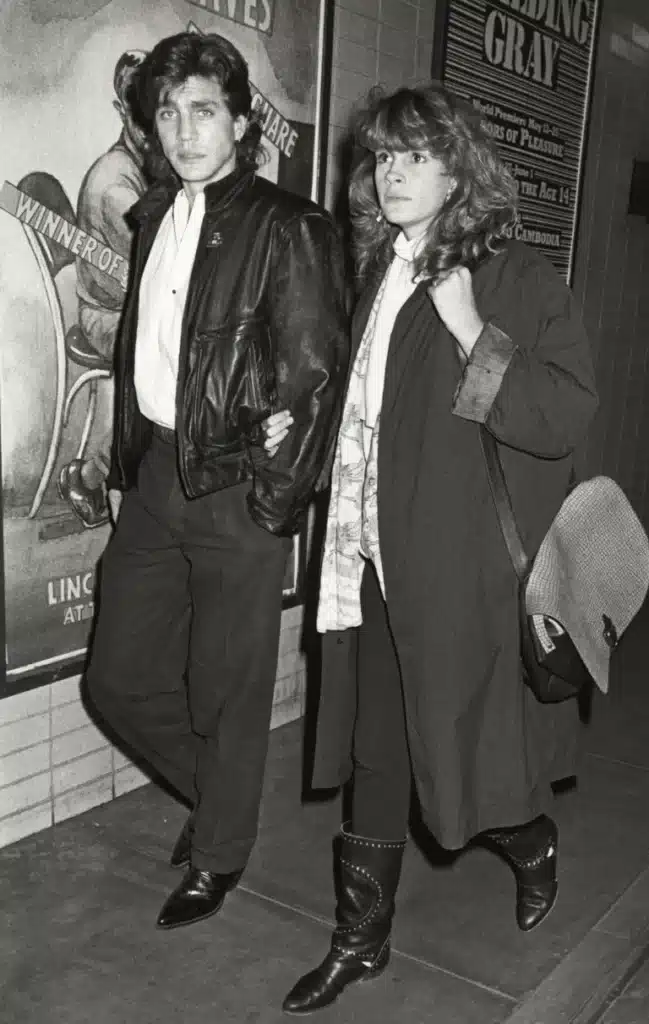
There’s one love that didn’t falter. He met casting director Eliza on a flight to Los Angeles, his cat Tender acting as an accidental icebreaker. Later that night he called; her babysitter recognized the voice and insisted she pick up—the babysitter was a then-unknown Jeffrey Dean Morgan. The serendipity stuck. He credits Eliza with steering him through the worst of it. “My wife sending me to therapy saved my life,” he said on The Ed Mylett Show. She understood the business—“Hollywood royalty,” he teased—but more importantly, she understood him. Therapy gave the language; marriage gave the anchor.
He talks about addiction without flinching now. On Today in 2024, he called it what it is and what it demands: daily work. “The only way to be a good example is to get through being a casualty,” he said. “We drug addicts are casualties, and we have to fight it every day.” There’s no attempt to varnish the fallout. “A lot of people were alienated, especially the family,” he said. “I owe them a lot because I love them. I owe them a lot because they love me.” He’s not interested in villains and saints. “Addicts aren’t bad guys,” he’s said more than once. “They’re just making a mistake.”
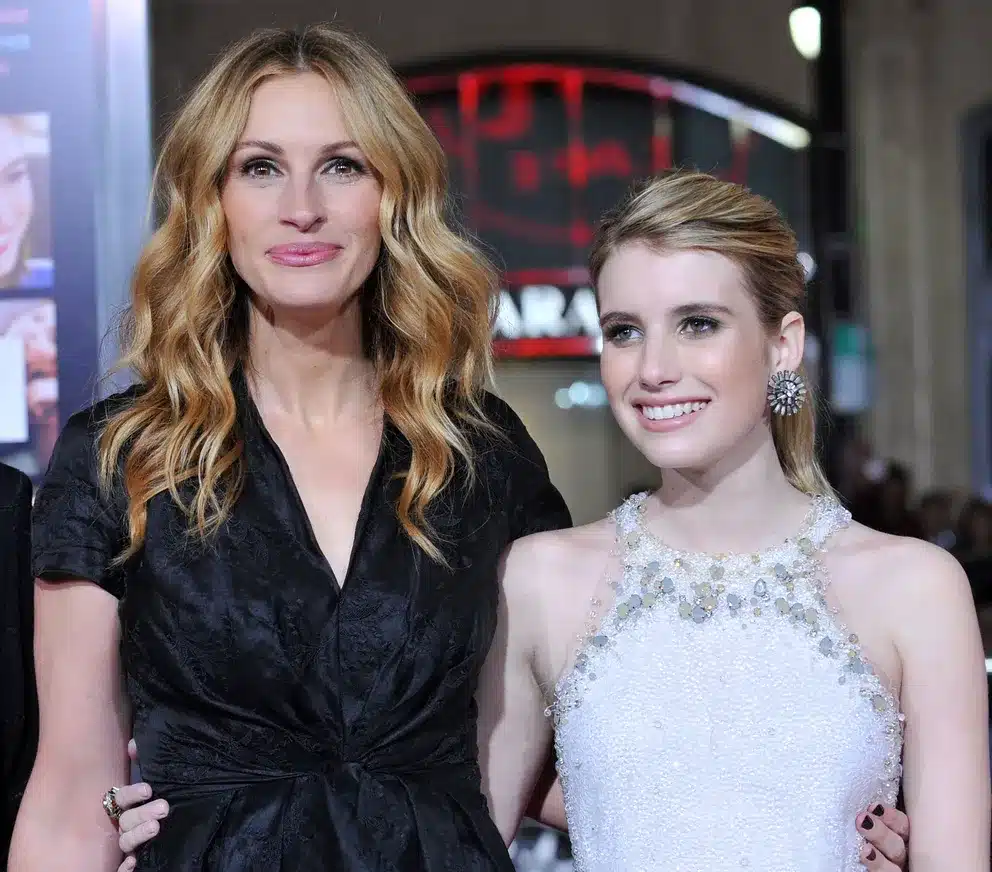

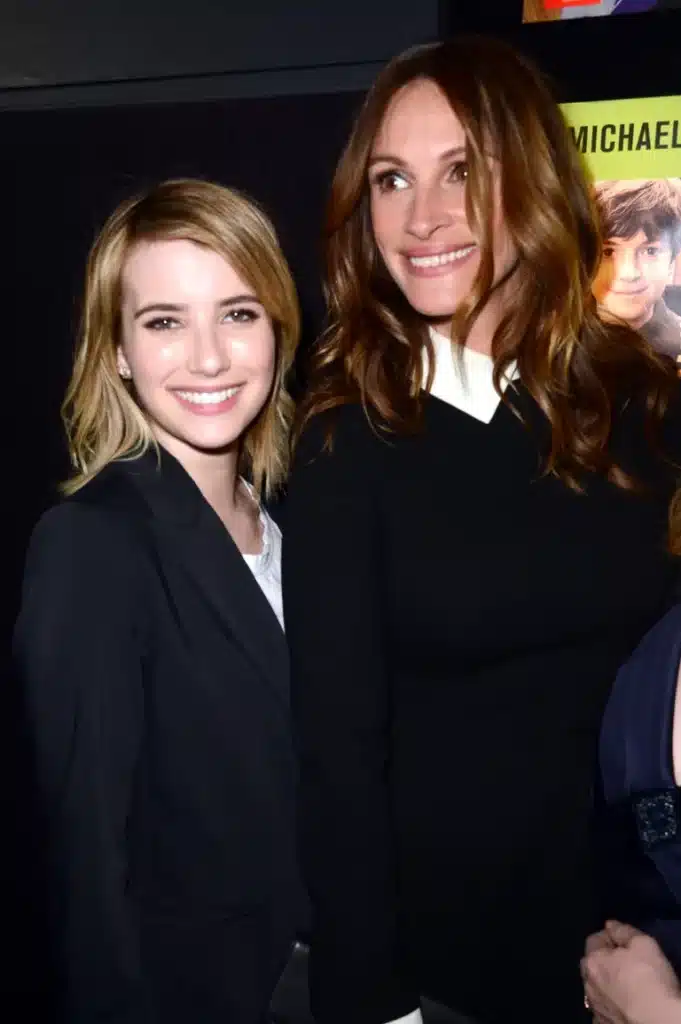

The actor at the center of all of this is Eric Roberts—prolific, polarizing, still working, still trying. He’s learned when to speak and when to step back. “I love my sister, but I can’t talk about her,” he admitted in 2024. “She don’t want to talk about it. Also, my daughter told me also not to talk about her, but I stumble and do [sic].” Even so, the pride leaks through. “I am in love with my daughter’s work these days,” he said. “I’m so proud of her, I can’t see straight.” Would he act with her? “Are you kidding, I would love that. I’d also love my sister to play my sister.”
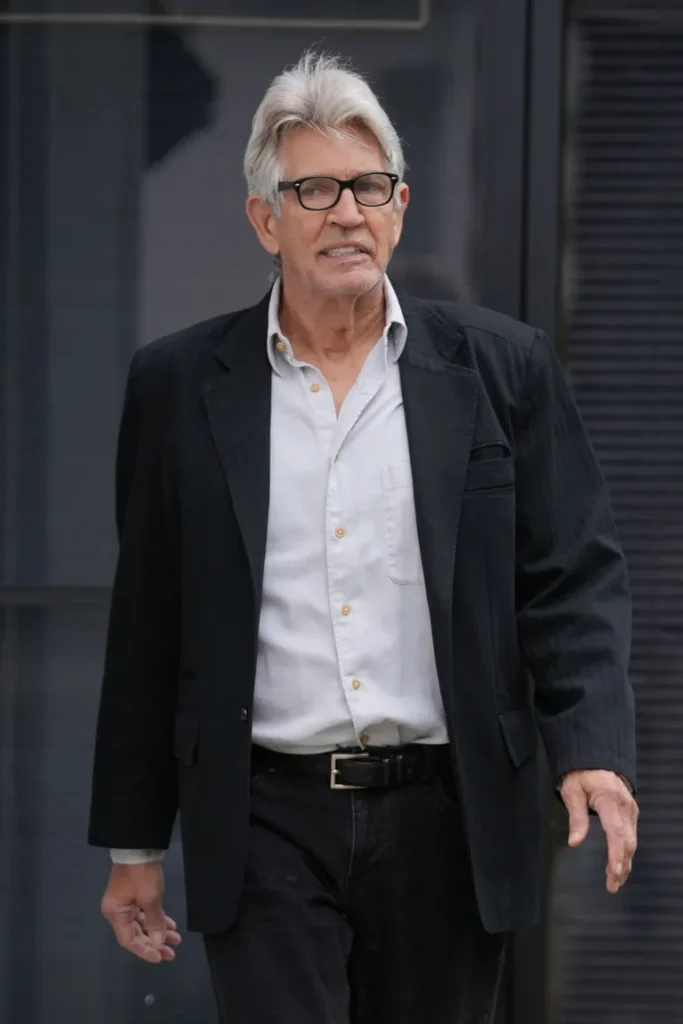
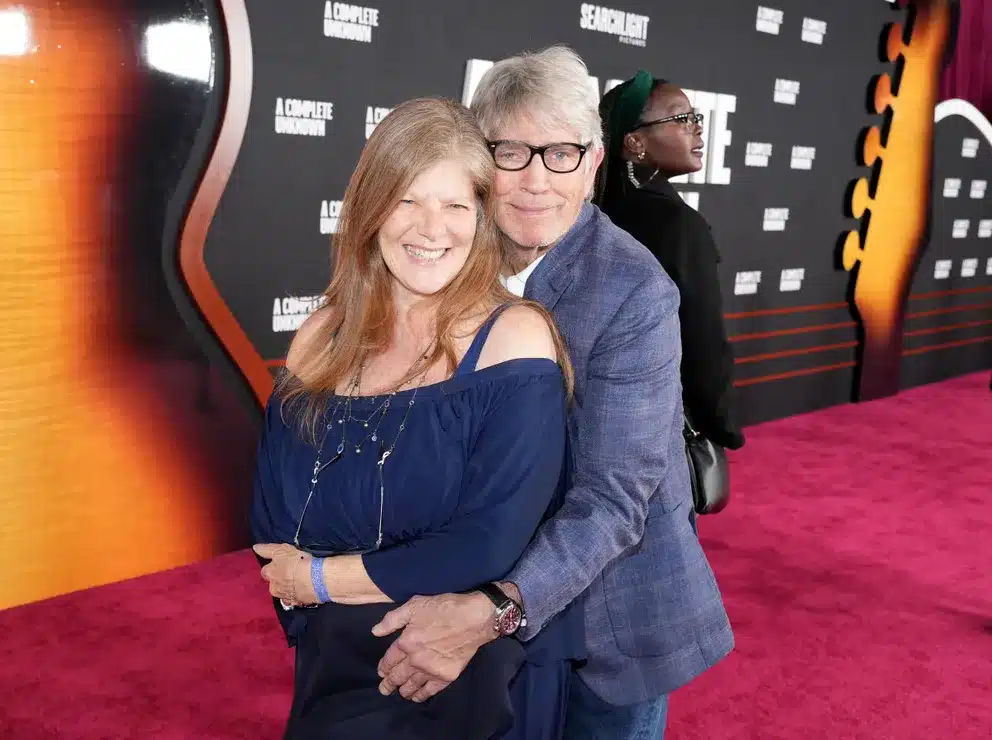
Maybe that’s the shape of the story now: the work that never stopped, the bridges that took years to rebuild, the apologies that landed late but landed. He knows what he’ll always be called—Julia’s brother, Emma’s dad—and he’s learned how to carry those names with something like grace. Not rewriting the past. Just owning it, scars and all.